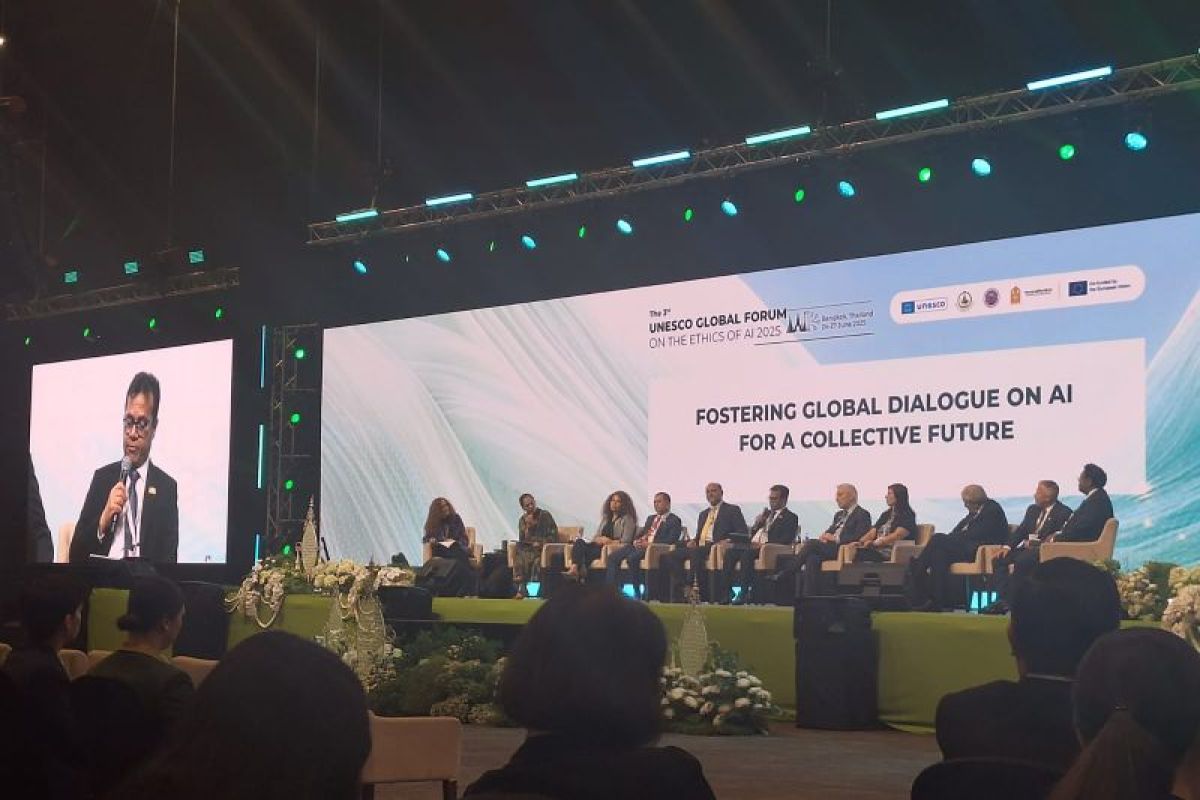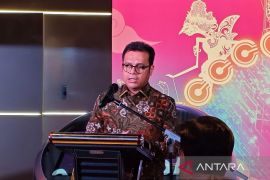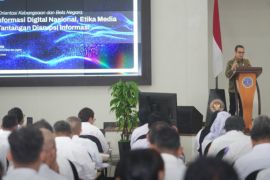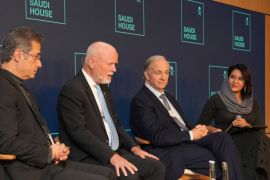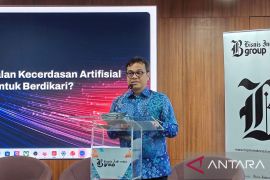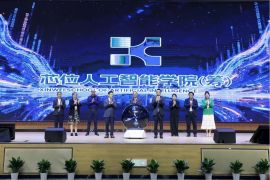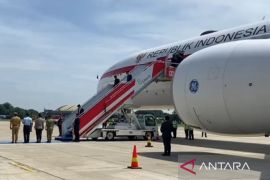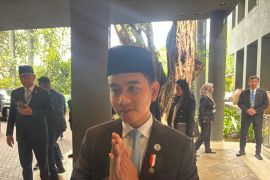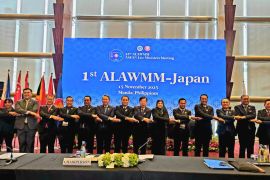At the 3rd UNESCO Global Forum on the Ethics of Artificial Intelligence in Bangkok, Thailand, Deputy Minister of Communication and Digital Affairs, Nezar Patria, said that Indonesia has been developing its national AI strategy since 2020, in consultation with stakeholders at large.
“International and regional collaboration is very important so AI development not only prioritizes innovation, but also ensures fairness, affordability, and shared benefits, especially for Global South countries,” he explained in a statement released on Wednesday.
Indonesia is promoting three collective steps that can become a shared agenda for the international community.
First, the establishment of a multi-stakeholder platform for harmonizing ethical standards and AI governance policies.
Second, strengthening the framework for sharing knowledge between countries in the southern region (South-South Cooperation).
Third, the systematic application of ethical impact assessments in each cross-country AI initiative.
At the national level, the Indonesian government is building a digital HR ecosystem, with the target of producing 9 million digital talents, including AI professionals, by 2030.
It is also updating its education curriculum to include AI literacy and ethics as part of a long-term strategy.
At a high-level session themed “Fostering Global Dialogue on AI for a Collective Future,” Indonesia emphasized its commitment to promoting inclusive, ethical, and sustainable development-oriented AI governance.
According to Patria, Indonesia’s active participation in the UNESCO forum reflects the strategic role of the state and the wider community in promoting global AI governance that is based on universal ethical principles but is responsive to local contexts.
“The Indonesian government will continue to collaborate closely with regional and international partners to ensure that the digital transformation can be carried out in a fair, responsible, and sustainable manner,” he added.
The forum has brought together leaders from several countries that are designing and implementing AI policies and encouraging cross-regional collaboration to ensure that AI development upholds humanitarian values, human rights protection, and the principles of social justice.
High-level representatives from UNESCO, Malaysia, Colombia, France, the European Union, South Africa, Uruguay, and other international partners are also attending the forum.
It is being moderated by Dafna Feinholz, director of UNESCO’s division of research, ethics and inclusion.
Translator: Adimas Raditya Fahky P., Yashinta Difa
Editor: Aditya Eko Sigit Wicaksono
Copyright © ANTARA 2025
